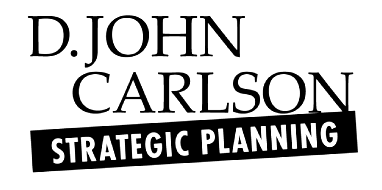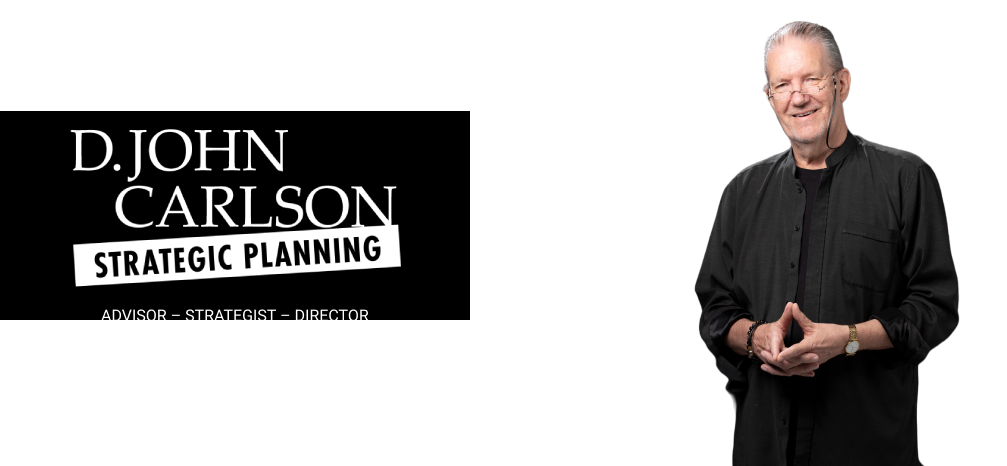There are no three-letter combinations that I dislike more than ‘ist’ and ‘ism’.In the United States in 2018, some 17% of women described themselves as a ‘strong feminist’. Another 43% described themselves as “feminist’. Another survey found that 60% of Australians identify as feminist. These are interesting statistics, but what is a ‘feminist’? The fact […]
There are no three-letter combinations that I dislike more than ‘ist’ and ‘ism’.In the United States in 2018, some 17% of women described themselves as a ‘strong feminist’. Another 43% described themselves as “feminist’. Another survey found that 60% of Australians identify as feminist. These are interesting statistics, but what is a ‘feminist’? The fact is, the term means different things to different people. The same can be said for terms such as socialist, capitalist, or followers of Buddhism or Catholicism. While people in these groups might have things in common, they are just as likely to have many differences. More than ever in the US people identify as Democrat, Republican or Independent, just as in Australia they identify as Liberal, Labor, or Green. People increasingly identify as Christian or atheist, conservative or progressive, climate change believer or denier, and so on! The proliferation of this kind of demarcation demonstrates…


 Back
Back